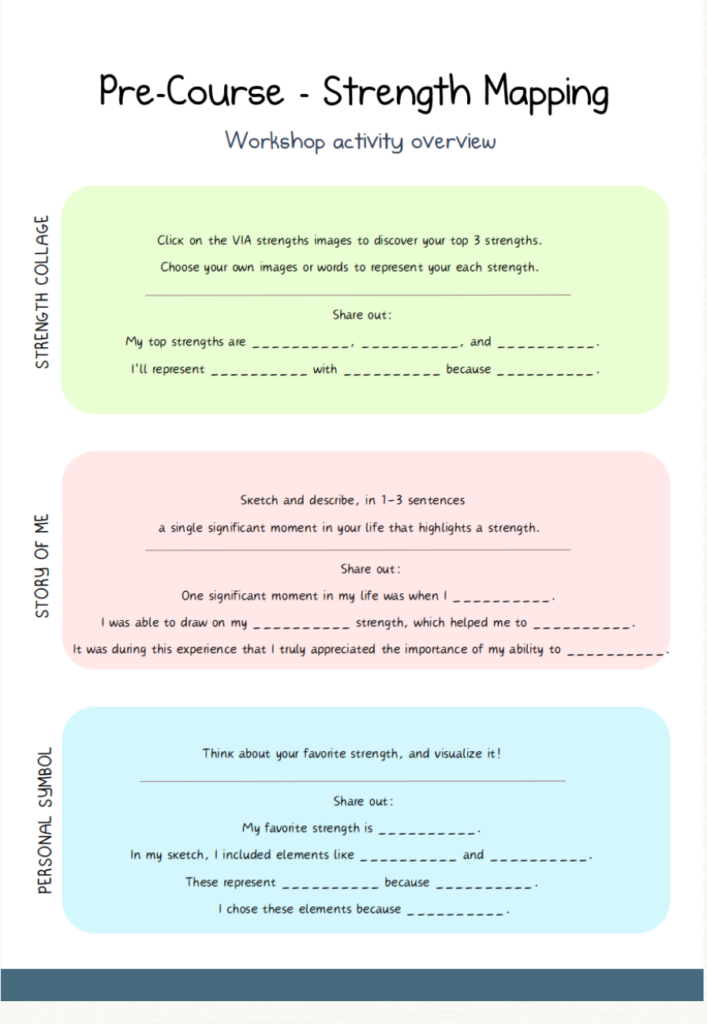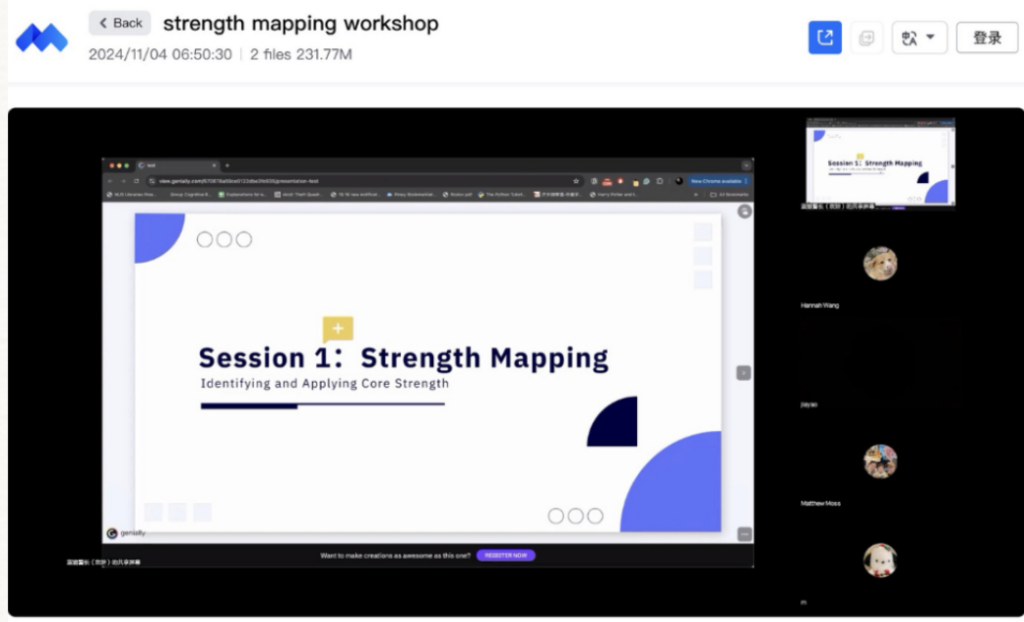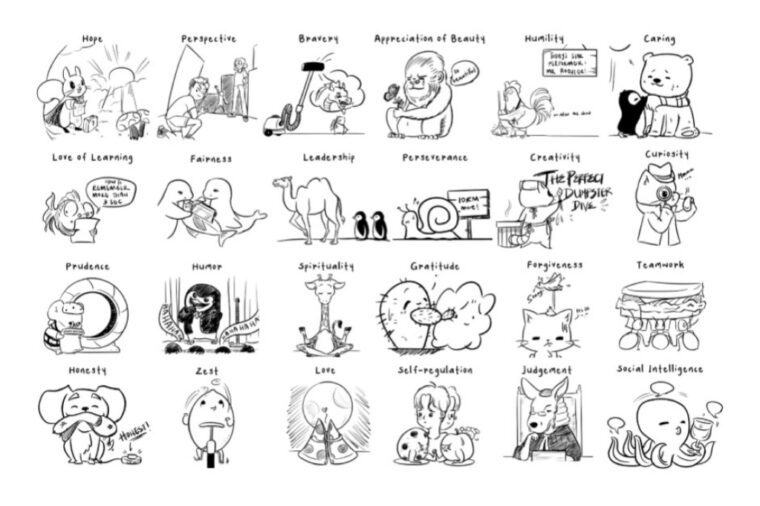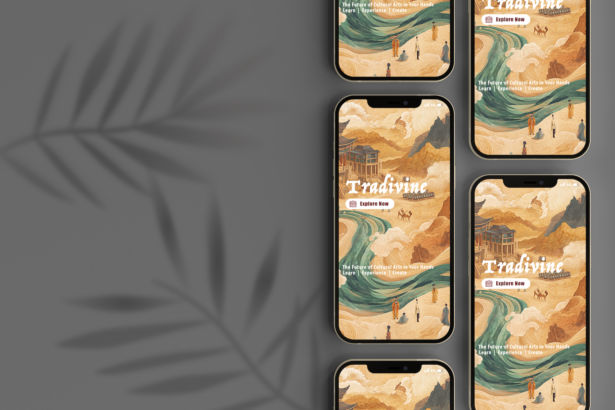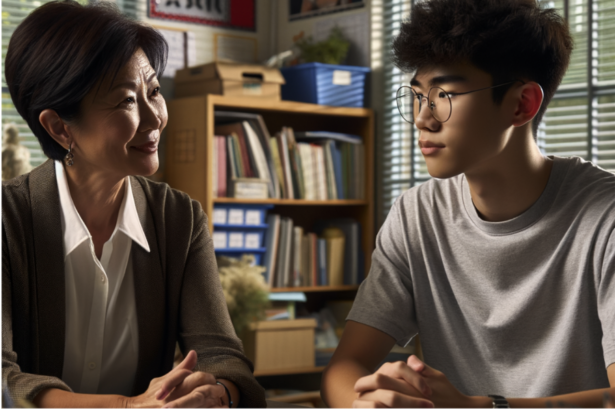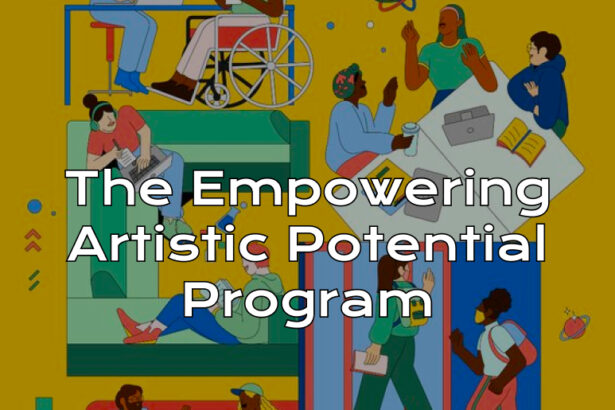BY Huanyan Huang & Hannah Wang
Adolescence for us, our peers, and our students is a tumultuous time when we undergo significant transitions in life physically, psychologically and socially. We had been lucky with having a relatively strong support system, but had personally seen how some of our peers and students struggle significantly without proper support and guidance – defined by toolkits and skills – to navigate this transition. Specifically, problems faced by adolescents include going through an “identity crisis” with difficulties in defining one’s own strengths and personal interests, difficulties networking, and mental health struggles perpetuated with hormonal changes. Without a framework to address these concerns, adolescents are left vulnerable to being peer-pressured into things that might not be best for their development, and in some cases might experience complications with maladjustment to new school and social environments.
To address the abovementioned problems, our project aims to design a series of nine workshops that support the development of students’ competencies in several core areas, focusing on building 21st-century skills, including but not limited to cross-cultural communication, critical thinking, problem-solving, collaboration, creativity, and digital literacy. Overall, we aim to support students in identifying and articulating their personal strengths, preparing them to communicate their unique qualities more effectively. English language proficiency is also a primary goal, with an emphasis on effective listening, speaking, reading, writing, and self-expression. The course further aims to support students’ academic applications by guiding them in drafting personal statements, resumes, and personal websites. To make this content accessible to high school students, principles are adapted from university-level curricula and taught through engaging, English-based activities designed to foster cross-cultural communication.
The first workshop, focusing on strength mapping, was tested with 30 students in a Chinese international school through Tencent’s VooV Meeting, an online platform commonly used in China. Interactive slides created on Genially were used to improve engagement and pace the session for the students. This pilot workshop provided significant insights, particularly about the challenges and adjustments needed for effective learning in this context. Several key findings emerged from the test run. Students appeared disengaged and hesitant to participate, viewing the workshop as a requirement imposed by the school principal rather than a valuable learning opportunity. Students’ English proficiency levels were lower than expected, impairing their ability to fully understand and participate in the workshop which had been conducted in English, and most crucially limited their abilities to express themselves confidently even if they had understood. Limited device access and a lack of preparation compounded the lack of participation, particularly for activities that required individual reflection on personal strengths. Technical issues, such as audio feedback and setup time, further underscored the importance of preparation, including establishing separate audio setups and ensuring readiness before sessions.
To address these challenges, culturally relevant adaptations need to be made to the workshop. Clearer incentives and a more engaging, student-centered learning environment need to be designed and provided. Supplying pre-distributed workbooks or reference materials could similarly improve engagement by allowing students to work independently. To combat the language barrier challenge, there is a need for multilingual support, such as adding Mandarin translations and response templates to foster accessibility and comfort in expressing ideas. These insights served as an effective starting point for us to develop more effective learning materials and curriculum for students in future.
